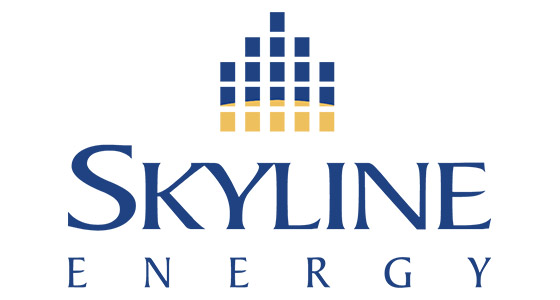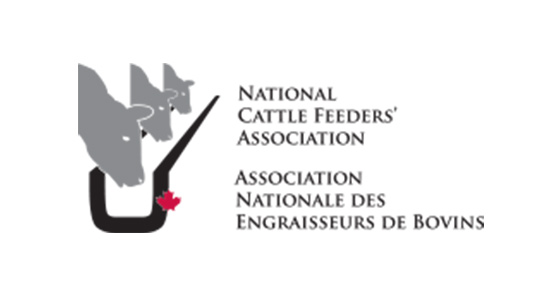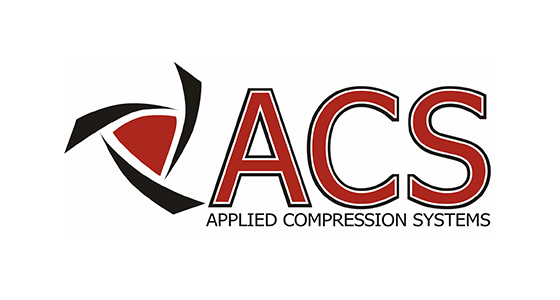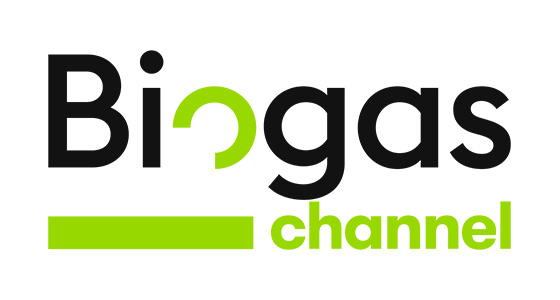City of Toronto
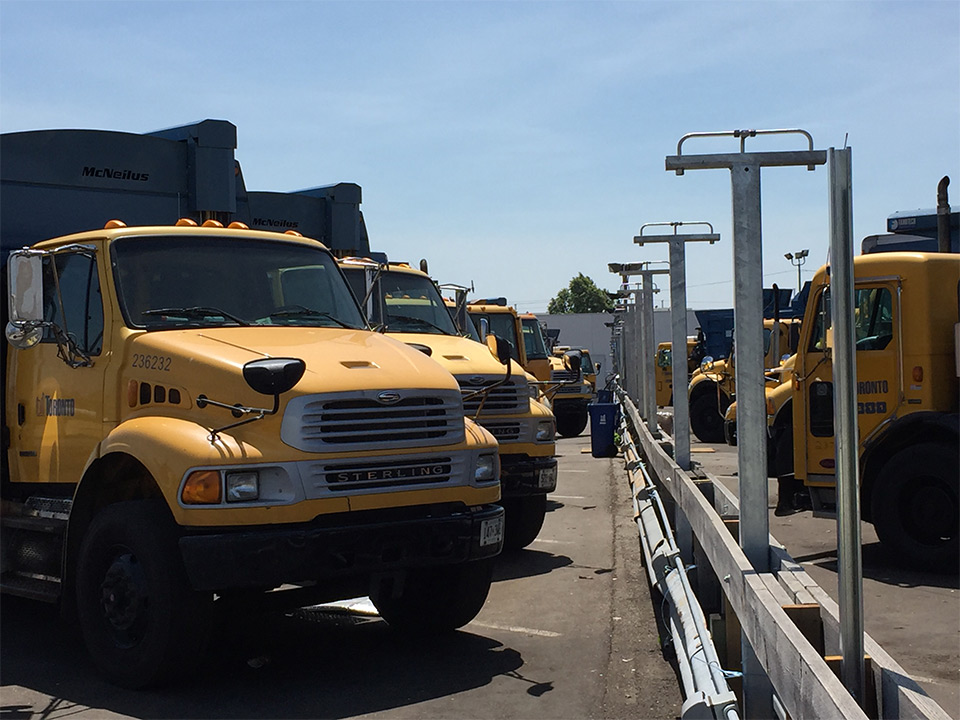 On July 20, 2018, the City of Toronto (City) announced a partnership with Enbridge Gas Distribution (EGD) to build its first renewable natural gas (RNG) facility. The facility will be located at the City’s Dufferin Organics Processing Facility and utilize the biogas produced from processing Toronto’s green bin organic waste. Through the partnership, EGD will install technology to clean and convert the biogas produced through anaerobic digestion into RNG and then condition and inject it into its natural gas distribution grid. Once in the grid, the RNG can be used to fuel the City’s Solid Waste collection fleet, generate revenue in external markets or a combination of the two. The Dufferin Organics Processing Facility is currently undergoing an expansion to increase its organic processing capacity from 25,000 to 55,000 tonnes. The expansion and the RNG project are expected to be complete in the fall of 2019. Once up and running, it is estimated that the RNG facility will produce approximately 5.3 million cubic metres of RNG annually, enough to fuel 90% of the City’s Solid Waste collection fleet.
On July 20, 2018, the City of Toronto (City) announced a partnership with Enbridge Gas Distribution (EGD) to build its first renewable natural gas (RNG) facility. The facility will be located at the City’s Dufferin Organics Processing Facility and utilize the biogas produced from processing Toronto’s green bin organic waste. Through the partnership, EGD will install technology to clean and convert the biogas produced through anaerobic digestion into RNG and then condition and inject it into its natural gas distribution grid. Once in the grid, the RNG can be used to fuel the City’s Solid Waste collection fleet, generate revenue in external markets or a combination of the two. The Dufferin Organics Processing Facility is currently undergoing an expansion to increase its organic processing capacity from 25,000 to 55,000 tonnes. The expansion and the RNG project are expected to be complete in the fall of 2019. Once up and running, it is estimated that the RNG facility will produce approximately 5.3 million cubic metres of RNG annually, enough to fuel 90% of the City’s Solid Waste collection fleet.
“While the announcement is a significant clean energy milestone for the City, our RNG ambitions extend far beyond a single project,” says Carlyle Khan, Director of Infrastructure Development and Asset Management with the City’s Solid Waste Management Services Division.
The City initially began looking at RNG from a solid waste management perspective in 2015. At a time when most biogas installations in Ontario generated electricity, the City recognized they were in a unique position to generate a significant amount of RNG given their population of about 2.8 million residents and highly successful Green Bin Program. In addition, the City’s early commitment to diverting organic waste from landfill via anaerobic digestion in the early 2000’s, has positioned them well to be a leader in the shift to RNG production and utilization.
After evaluating their assets, including two AD-facilities capable of processing 130,000 tonnes of green bin material a year, the City looked at the feasibility of producing RNG at four sites: the Dufferin and Disco Road Organics Processing Facilities, the Keele Valley Landfill and the Green Lane Landfill. It is estimated that the four sites can produce approximately 65 million cubic metres of RNG every year, the equivalent of about 55 million litres of diesel. This represents a significant new revenue opportunity for the City and is aligned with its Transform TO Climate Action Strategy which aims to reduce greenhouse gas emissions from a 1990 baseline, by 80% by 2050.
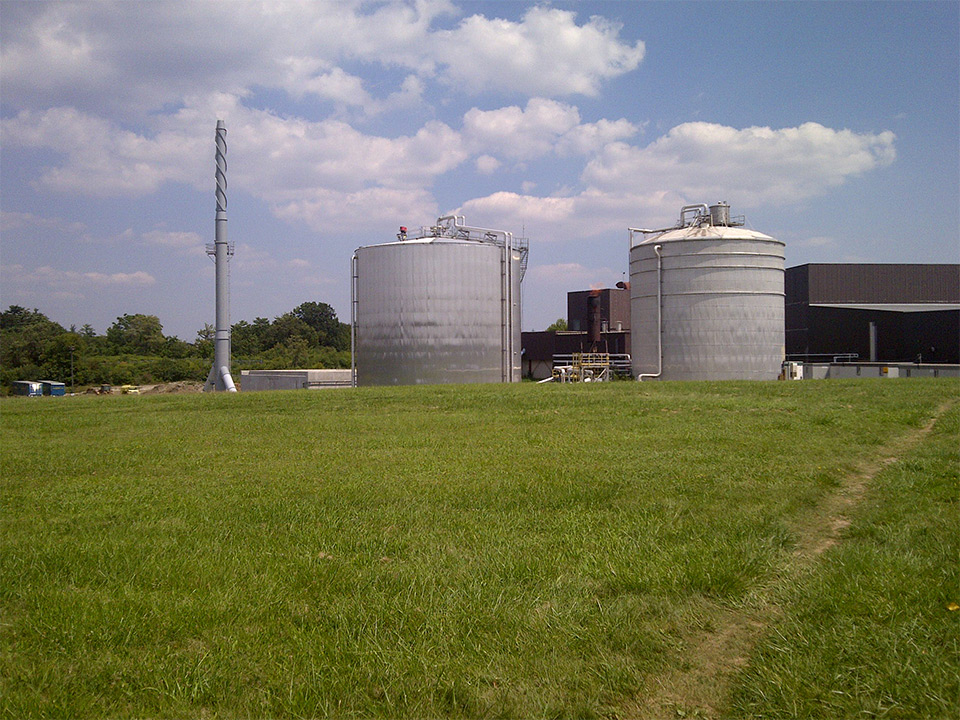
With organics diversion occurring at a higher than expected rate, the City of Toronto is prepared for the shift to a circular economy and has found many benefits to having anaerobic digestion infrastructure in-house, including developing internal capacity and expertise, diverting materials from landfill and local economic benefits. On its plans, Kris Hornburg, Manager of Program & Strategic Initiatives for the City’s Solid Waste Management Services Division says “The City of Toronto wanted to plan ahead and have a strategy in place where we know we can handle internally generated organics within the City, while doing the right thing for the environment.”
When looking to reduce the Division’s overall carbon footprint, the City found that the environmental benefits from using RNG as a vehicle fuel source were much better compared to the generation of electricity. Their goal is to wean the entire fleet off diesel by converting all Class 7 and 8 collection trucks to CNG/RNG in the next couple years. The Division is also looking at converting smaller Class 5 or 6 trucks to other alternative, low-carbon fuels as these solutions mature. The City has already invested in the infrastructure with two operational CNG fill stations and another one under construction. The City currently has 90 CNG trucks on the road, which have received positive feedback from drivers, in particular due to their quieter operation.
The City of Toronto has long been engaged in Canadian Biogas Association (CBA) activities and recently joined as a member. They recognize the importance of supporting an organization involved in the discussions around generating best practices for production and utilization of RNG. The City values the opportunity to connect with the diverse membership of the CBA that represents stakeholders from across the biogas/RNG value chain.



